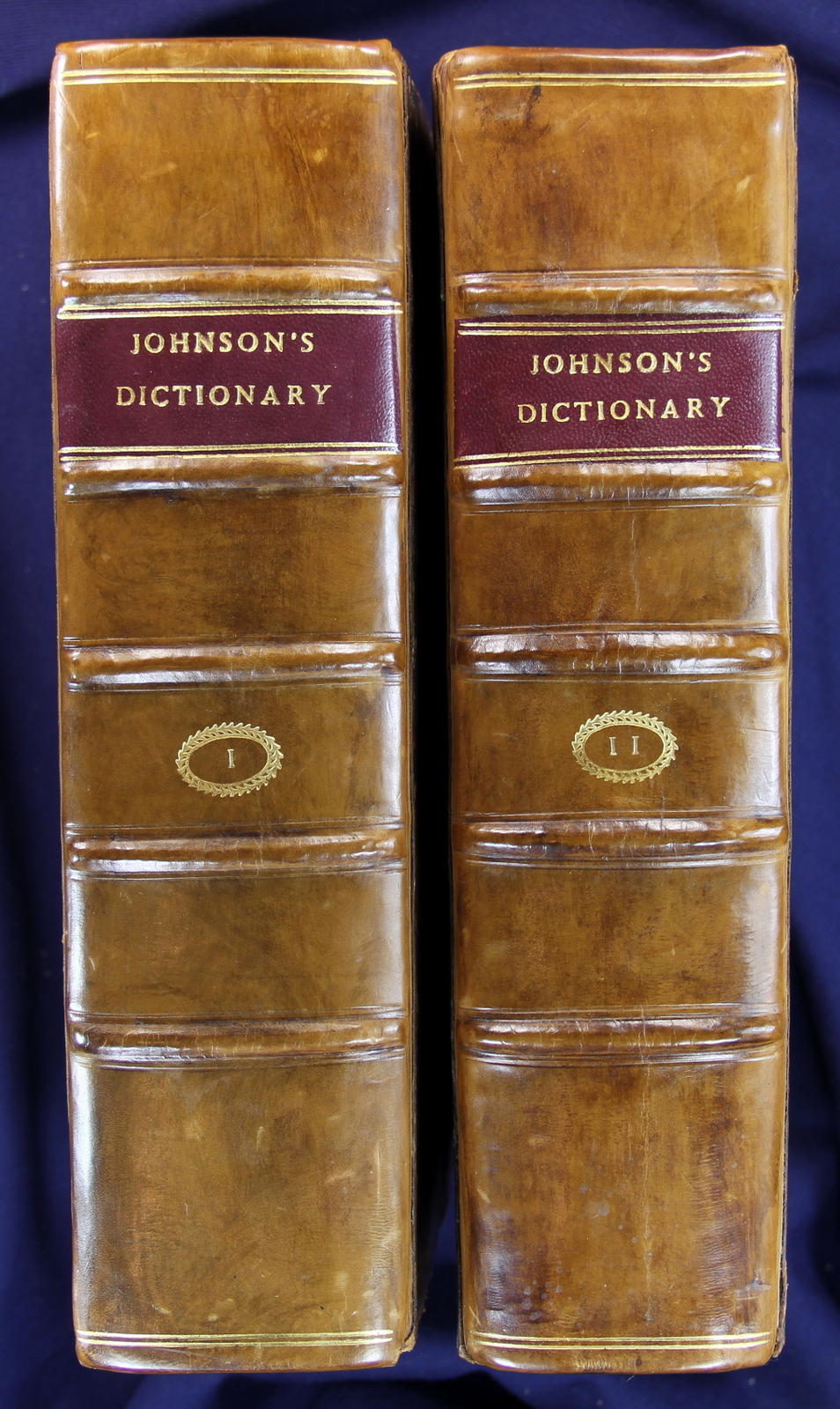

It can be called social progress and included in the cultivation of a culture. It is culture dependent and politically motivated. Linguistic prescription is categorized as the final stage in a language standardization process. Mate Kapović makes a distinction between "prescription" and "prescriptivism", defining the former as "process of codification of a certain variety of language for some sort of official use", and the latter as "an unscientific tendency to mystify linguistic prescription". According to another understanding, the prescriptive attitude is an approach to norm-formulating and codification that involves imposing arbitrary rulings upon a speech community, as opposed to more liberal approaches that draw heavily from descriptive surveys in a wider sense, however, the latter also constitute a form of prescriptivism. Others, however, use this term in relation to any attempts to recommend or mandate a particular way of language usage (in a specific context or register), without, however, implying that these practices must involve propagating the standard language ideology.

Some authors define "prescriptivism" as the concept where a certain language variety is promoted as linguistically superior to others, thus recognizing the standard language ideology as a constitutive element of prescriptivism or even identifying prescriptivism with this system of views.
Linguistic dictionaries manual#
Other guides, such as The Chicago Manual of Style, are designed to impose a single style and thus remain primarily prescriptive (as of 2017 ). A partially descriptive approach can be especially useful when approaching topics of ongoing conflict between authorities, or in different dialects, disciplines, styles, or registers. Examples of guides updated to add more descriptive and evidence-based material include Webster's Third New International Dictionary (1961) and the third edition Garner's Modern English Usage (2009) in English, or the Nouveau Petit Robert (1993) in French. Since the mid-20th century some dictionaries and style guides, which are prescriptive works by nature, have increasingly integrated descriptive material and approaches. ĭespite being apparent opposites, prescription and description are often considered complementary, as comprehensive descriptive accounts must take into account and record existing speaker preferences, and a prior understanding of how language is actually used is necessary for prescription to be effective. In the Eastern European linguistic tradition, the discipline dealing with standard language cultivation and prescription is known as "language culture" or "speech culture". Description may also include researchers' observations of their own language usage. The basis of linguistic research is text ( corpus) analysis and field study, both of which are descriptive activities.

Prescriptive approaches to language are often contrasted with the descriptive approach, employed in academic linguistics, which observes and records how language is actually used without any judgment. If usage preferences are conservative, prescription might appear resistant to language change if radical, it may produce neologisms. Linguistic prescriptivism may aim to establish a standard language, teach what a particular society or sector of a society perceives as a correct or proper form, or advise on effective and stylistically felicitous communication. They may also include judgments on socially proper and politically correct language use.

Sometimes informed by linguistic purism, such normative practices often suggest that some usages are incorrect, inconsistent, illogical, lack communicative effect, or are of low aesthetic value, even in cases where such usage is more common than the prescribed usage. These rules may address such linguistic aspects as spelling, pronunciation, vocabulary, syntax, and semantics. Linguistic prescription, or prescriptive grammar, is the establishment of rules defining preferred usage of language.


 0 kommentar(er)
0 kommentar(er)
